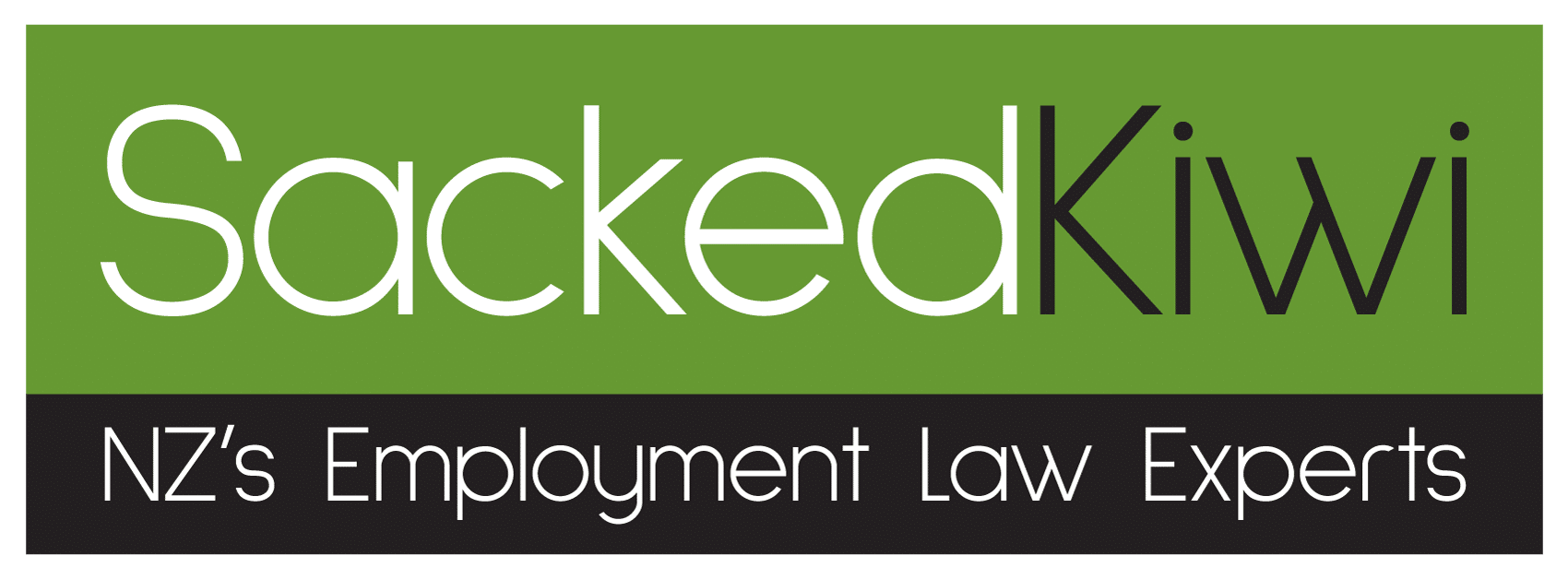In the context of an economic recession, New Zealand’s workforce often faces increased vulnerabilities, particularly through heightened redundancies and dismissals as businesses seek to reduce payroll liabilities. While employers may be compelled to make tough financial decisions, adherence to fair employment practices remains paramount. Employment advocates play a crucial role in ensuring access to justice for employees who may otherwise be unable to challenge unjustifiable dismissals.
Context of Economic Recession
During economic downturns, organizations may resort to restructuring, layoffs, or redundancies to remain solvent. While often necessary, these decisions can lead to contentious disputes between employers and employees. The Employment Relations Act 2000 mandates that any dismissal, including redundancies, must be justified and follow a fair process. This legal framework aims to protect employees from arbitrary decision-making while acknowledging businesses’ legitimate needs to manage their workforce in challenging economic climates.
Judicial authorities, including the Employment Relations Authority (ERA), have emphasized the importance of following correct procedures in redundancy cases. For example, in the case of McMillan v. David Jones Limited [2010] NZEmpC 117, the court underscored that even in times of economic hardship, employers must provide employees with a genuine opportunity to respond to redundancy proposals. This reinforces the principle that procedural fairness is not merely a bureaucratic obligation but a fundamental aspect of an employee’s rights.
Role of Employment Advocates
Employment advocates serve as a vital resource for employees navigating these challenging circumstances. Unlike traditional lawyers, advocates typically offer their services at a lower cost or on a no-win, no-fee basis. This model removes the barrier of upfront legal fees that can deter individuals from seeking redress for unjust dismissals. Advocates possess the expertise to guide employees through the intricacies of the employment law landscape, ensuring that their rights are upheld.
In cases of unjustifiable dismissal, an advocate can help employees articulate their grievances, collect necessary evidence, and present their case effectively to the ERA or the Employment Court. Notably, the court has recognized the positive contributions of advocates in various rulings, emphasizing their role in leveling the playing field for employees who might otherwise struggle to assert their rights. In Hodge v. Auckland Council [2013] NZEmpC 27, the court acknowledged the significant impact of advocacy on the outcomes of employment disputes, reinforcing the idea that proper representation is crucial for achieving justice.
Balancing Business Needs and Employee Rights
While acknowledging the pressing needs of employers during economic recessions, it is critical to reiterate that these challenges do not absolve employers from following due process when dismissing employees. Employers must ensure that any redundancy or dismissal is not only substantively justified but also procedurally sound. The consequences of failing to do so can be severe, including the risk of costly legal challenges, damage to reputation, and a decline in employee morale.
Employers are advised to seek competent legal advice when contemplating layoffs or redundancies. Legal professionals can assist in conducting thorough consultations with employees, ensuring that all relevant information is gathered, and exploring alternatives to dismissal. Such diligence can mitigate risks and foster a workplace culture that values transparency and fairness.
Conclusion
In summary, the role of employment advocates in New Zealand becomes particularly pronounced during economic recessions. As redundancies and dismissals rise, these advocates provide essential support for employees facing potentially unjust outcomes. While employers grapple with their fiscal responsibilities, they must not overlook their legal obligations. Access to competent legal advice and advocacy ensures that both employers and employees can navigate these turbulent times fairly and justly. By facilitating access to justice, employment advocates not only champion individual rights but also contribute to a more equitable workplace landscape in New Zealand.
Legal Disclaimer
The content posted on the Sacked Kiwis website should not be considered or relied upon as legal advice or opinion. The information presented here is not intended to serve as legal guidance. Over time, laws and regulations evolve, potentially altering the accuracy of previously shared information. Updates in jurisprudence or legislation (for example, changes to the Employment Relations Act), which could happen without immediate notice, may render the legal information on this platform outdated or obsolete. Seeking legal advice is always advisable.

